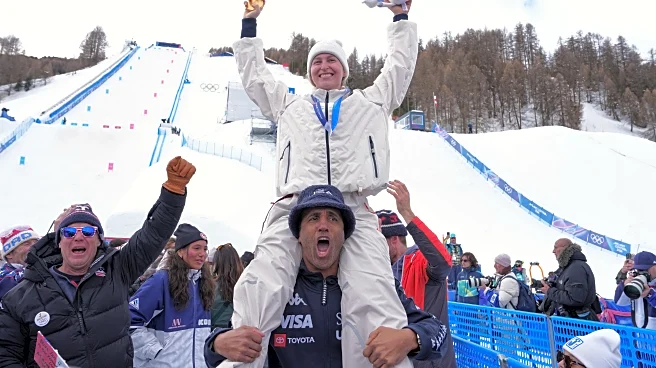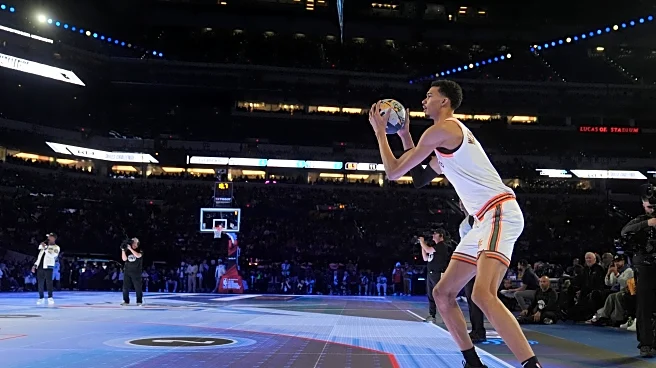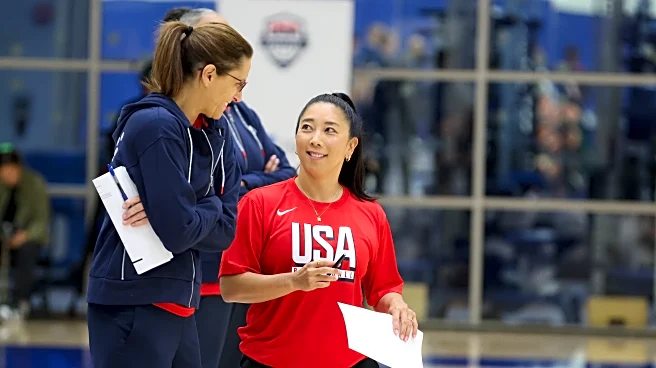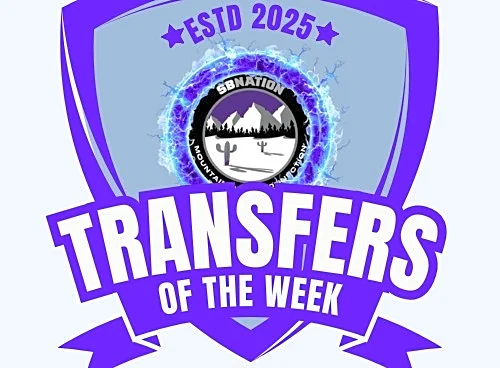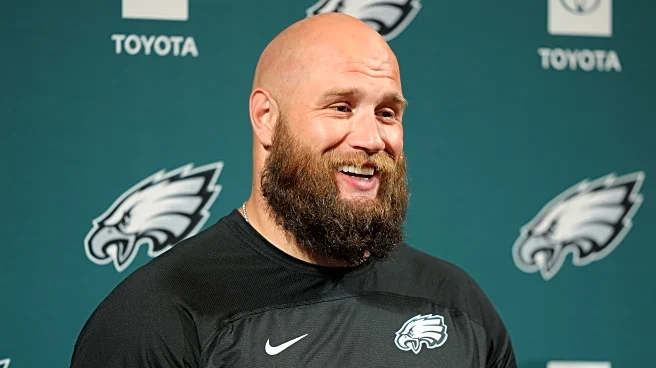What's Happening?
Rudi Johnson, former Cincinnati Bengals running back, has died at 45, reportedly by suicide. Johnson was a prominent player, setting records for the Bengals, including a single-season rushing record of 1,458 yards in 2005. His death is under investigation by the Miami-Dade Sheriff's Office, with no foul play suspected. Johnson's agent, Peter Schaffer, has called for more research into chronic traumatic encephalopathy (CTE), a brain disease linked to repeated head injuries, which has been associated with several NFL suicides.
Why It's Important?
Johnson's death brings attention to the serious health risks faced by NFL players, particularly the potential for CTE due to repeated head trauma. This incident may lead to increased pressure on the NFL to enhance its research and prevention efforts regarding CTE. The tragedy highlights the need for improved mental health support for athletes, both during and after their careers.
What's Next?
The investigation into Johnson's death may prompt further discussions within the NFL about player safety and health protocols. There could be calls for policy changes to better protect athletes from the risks associated with contact sports. Stakeholders, including players, teams, and health professionals, may advocate for more comprehensive support systems for athletes dealing with mental health issues.
Beyond the Headlines
Johnson's passing may lead to ethical and cultural reflections on the responsibilities of sports organizations to their athletes. The balance between entertainment and athlete welfare could become a focal point in discussions about the future of contact sports. Long-term shifts in how sports are played and regulated might emerge as a result of increased awareness and advocacy.


